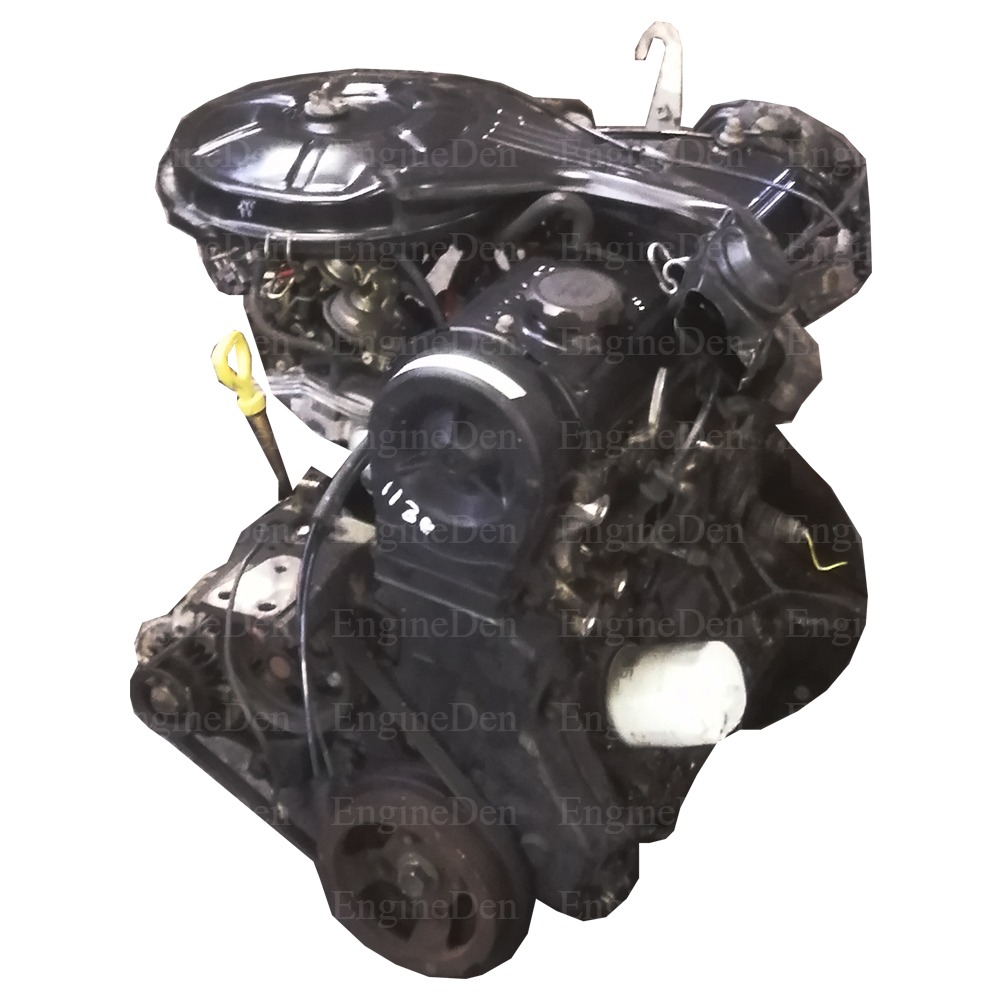Smart Purchaser's Checklist: Key Features to Evaluate in Engines Prior To Buying
When taking into consideration buying an engine, there are several key functions that a discerning buyer ought to evaluate to ensure they are making a knowledgeable choice. From the type of engine to its performance metrics, fuel performance, sturdiness, and upkeep costs, each element plays a vital function in determining the engine's viability for the designated objective. By carefully examining these aspects, customers can make an acquisition that not just meets their present requirements however additionally confirms to be a sensible long-lasting financial investment.
Engine Type Examination

When assessing engine types for a purchase, it is critical to think about the specific requirements of the desired application. Different engines are made with differing features and abilities to match a variety of needs. Comprehending the main purpose for which the engine will certainly be used is vital in making an educated decision.
For applications needing high power output, such as heavy-duty commercial equipment or huge lorries, diesel motor are typically liked because of their efficiency and torque capacities. On the various other hand, fuel engines are typically picked for smaller sized tools, lorries, and power devices where lighter weight and greater RPM performance are advantageous.
In addition, the environment in which the engine will certainly run should be taken into consideration (Toyota Tazz Engine For Sale). Factors such as temperature, elevation, and air top quality can impact the engine's efficiency and long life. Selecting an engine kind that is appropriate for the specific operating conditions will certainly assist make sure optimal effectiveness and durability
Efficiency Metrics Evaluation
Fuel Performance Examination
Evaluating gas performance is a critical element in establishing the functional cost-effectiveness and ecological impact of an engine. Gas efficiency describes the amount of energy an engine can extract from a certain amount of fuel. It directly impacts the total operating costs of the engine, making it a crucial consideration for buyers seeking to optimize their long-term prices.
When evaluating gas efficiency, it is important to consider metrics such as miles per gallon (MPG) or litres per 100 kilometers (L/100km) depending upon the area. These metrics provide a clear indicator of just how far a vehicle can travel on a device of fuel, allowing buyers to estimate fuel costs accurately. Furthermore, modern technologies like hybrid systems, turbocharging, and direct fuel shot can significantly affect gas effectiveness by boosting burning efficiency and reducing power losses.

Sturdiness and Reliability Inspect
Thinking about the substantial impact of fuel performance on functional expenses and environmental sustainability, the next crucial element to evaluate in engine acquisition is the longevity and reliability of the engine. Toughness describes the engine's capacity to endure wear, corrosion, and tension over an extensive duration, making certain a much longer life-span. Reliability, on the various other hand, pertains to the engine's uniformity in performance under various conditions without unanticipated failures or failings.
To analyze the resilience and integrity of an engine, a number of variables require consideration. Checking out the engine's building and construction materials and design can offer understanding right into its robustness and resistance to wear. In addition, assessing historical data on the engine version's efficiency, maintenance requirements, and common problems reported by users can assist determine its dependability.
In addition, accreditations from trusted companies, guarantee offerings, and manufacturer track record for generating dependable engines are important indicators of longevity and reliability. Performing detailed research, looking for suggestions, and evaluating maintenance records can help in making an educated choice on acquiring an engine known for its long life and trustworthy efficiency.
Cost and Upkeep Factors To Consider
When considering engine purchase choices, a necessary facet to look into is the monetary implications coupled with upkeep considerations. The price of an engine extends past the first acquisition rate. It is i loved this critical to examine aspects such as gas effectiveness, recurring upkeep expenses, and the schedule of spare components. Choosing a fuel-efficient engine might cause long-lasting expense financial savings regardless of a potentially greater upfront cost. Furthermore, assessing the maintenance requirements of various engine models is important. Some engines might demand frequent maintenance or specialized treatment, resulting in increased maintenance expenses in time. Taking into consideration the accessibility and price of spare components is likewise critical. Engines with easily easily accessible and fairly valued extra parts can significantly lower maintenance expenses and downtime. Focusing on cost-effectiveness and convenience of maintenance can result in a much more economical and sustainable engine investment in the lengthy run.
Final Thought
To conclude, it is vital for buyers to thoroughly review vital functions in engines before buying. By considering the engine kind, efficiency metrics, gas effectiveness, toughness, cost, dependability, and maintenance requirements, customers can make an educated decision that satisfies their expectations and needs. This extensive assessment procedure makes certain that purchasers select an engine that will certainly look at this web-site offer ideal efficiency and longevity for their meant usage.
From the kind of engine to its performance metrics, gas longevity, maintenance, and performance prices, each aspect plays a crucial function in determining the engine's suitability for the intended purpose. Gas performance is a crucial performance metric, highlighting how efficiently the engine converts fuel into usable power - Toyota Tazz Engine For Sale. Gas performance refers to the quantity of power an engine can draw out from a specific quantity of fuel.Considering the significant impact of gas performance on functional expenses and environmental sustainability, the next essential aspect to evaluate in engine acquisition is the longevity and integrity of the engine. By thinking about the engine kind, performance metrics, gas performance, toughness, expense, dependability, and maintenance requirements, buyers can make an enlightened choice that meets their assumptions and requirements